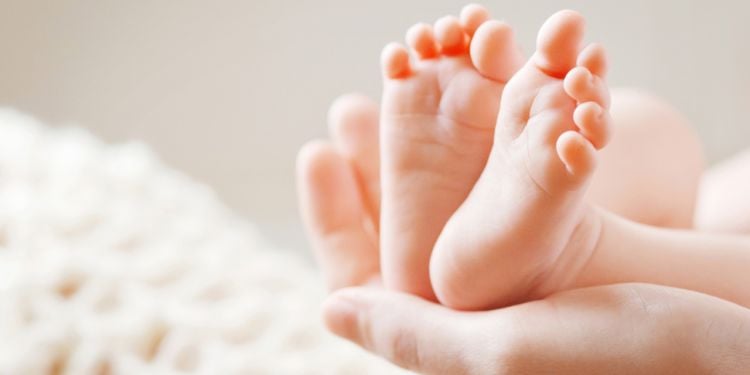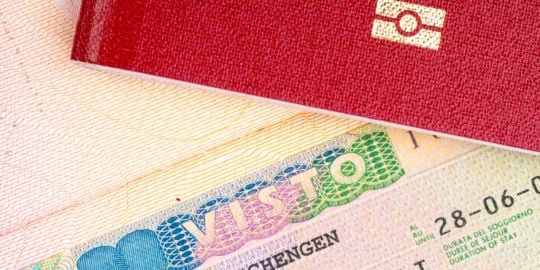Having a baby in Italy

If you're an expecting mother in Italy, you probably have a lot of questions about what it's like to be a mom in a country that is not your own. It can be scary if you don't know how the healthcare system works and what services are available. The good news is that family and motherhood play an important role in Italy!
Health services for expecting mothers in Italy
Expecting mothers who work in Italy are eligible to the Servizio Sanitario Nazionale (SSN), which is the national health service. The SSN provides essential health care in Italy, including those relating to pregnancy as well as post-natal care. Thus, the following services will be free of charge:
- Periodic medical visits to the obstetrician and gynaecologist
- Diagnostic checks and analyses related to pregnancy and the fetus
- Prenatal diagnostics
- Treatment of health risks for the mother and child
- Post-natal treatments and visits to the paediatrician.
In case the SSN is not enough for the type of care you are looking to have, you can also subscribe to private health insurance. The first reason is that the waiting lists for medical visits, ultrasounds and other prenatal care and analysis are sometimes very long. Very often, expecting mothers turn to the private sector, which can be expensive. With private health insurance, you can, therefore, offset the costs.
Good to know :
Expecting moms are eligible for a premium from the government either at the end of their seventh month of pregnancy or at childbirth. This is called Mamma Domani Bonus. A sum of € 800 is thus granted for any new birth, as well as for adoptions.
The cost of childbirth and post-natal care in Italy
Childbirth is completely free of charge in public hospitals, and in private hospitals as long as you have health insurance.
Regarding childbirth at home or in a specialised centre, count between 1,500 € and 3,000 €. At private clinics, prices start from € 2,000 and can rise considerably depending on the type of room and other options chosen.
Finally, the epidural costs between 50 € and 250 € depending on the chosen health centre and the amount of refund provided by the SSN or your private insurance.
Finding an OBGYN in Italy
Finding an obstetrician-gynaecologist will be a matter of concern if you are expecting a child in Italy. Here again, you can turn to the SSN, which is free of charge. However, waiting lists are sometimes long, so you can turn to a private specialist.
To find trusted a gynaecologist in the public sector, contact the nearest ASL to your place of residence. If you would prefer a private one, word-of-mouth often works best. Request for advice from people around you, both expats and Italians, or do your own research through reliable organisations like the IAED (Associazione Italiana per l'Educazione Demografica), for example. Websites like iDoctors, Topdoctors can also help. Finally, your private health insurance company may also have a list of specialists.
Maternity and paternity benefits in Italy
Regarding maternity and paternity leave, both are granted to anyone working in Italy.
Maternity leave generally begins two months before the expected date of delivery, then three months after the delivery. It can be extended if necessary, up to eleven months. This extension can also be separated over several periods (for example, when the child is sick) until he reached the age of 12.
Paternity leave comprises of 4 compulsory days and 1 optional day for the birth of the child.
All parental leave requests are handled by INPS, which is the National Social Security Institute.
Tips for expatriates
To get the most of your pregnancy in Italy, it's best to choose the place where you will deliver as well as the gynaecologist as soon as possible. All gynaecologists are trained in obstetrics, so the one you have chosen will be able to follow your pregnancy and childbirth.
Also remember to book an Asilo Nido or nanny in advance, especially if you are planning to resume work 3 months after giving birth.
Feel free to ask for recommendations from expats or Italians around you.
Useful links :









